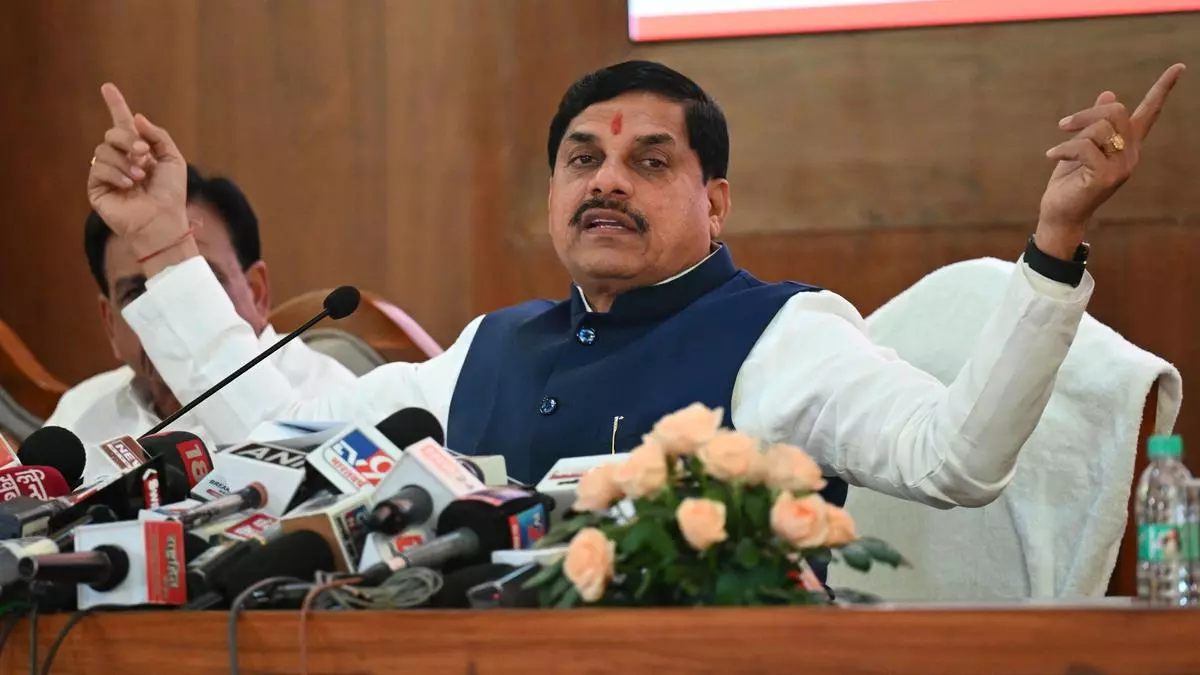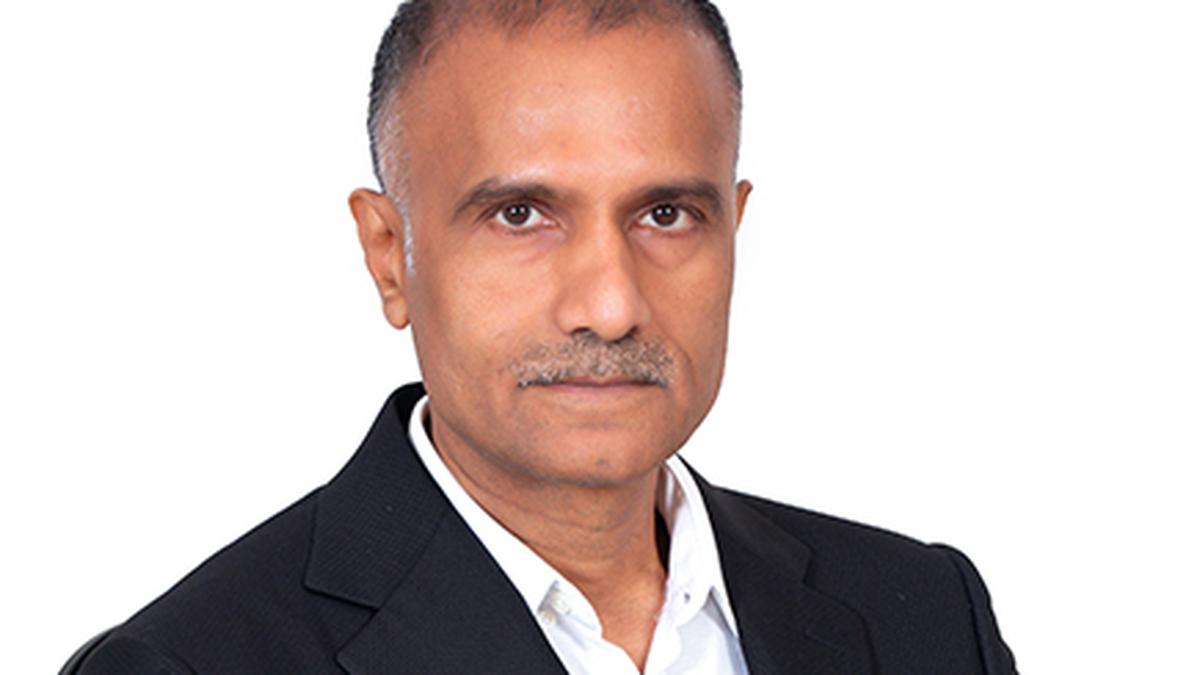A trade expert has raised doubts about New Zealand’s ability to secure a free trade agreement with India within the next three years. This skepticism comes in response to Prime Minister Christopher Luxon’s commitment to achieving this goal during the election campaign. Despite this, Trade Minister Todd McClay is confident that a trade deal can be locked in within the specified timeframe. He emphasizes the importance of not letting New Zealand lag behind in terms of accessing India’s rapidly growing economy. McClay states, “We’re going to put every single effort into it that we can. We just can’t afford to let New Zealand be left behind when it comes to… access and fair access to a market of 1.4 billion people whose… economy is growing so very, very quickly. If we don’t get a trade deal, I’ll give you a guarantee at some time in the future India will be buying dairy products from Europe, not New Zealand, and it’s not good enough for New Zealand.” While McClay is optimistic about the possibility of reaching a trade agreement, economist Rahul Sen expresses skepticism, suggesting that it may be more realistic to focus on laying the foundations for future negotiations instead. Sen believes that there is still much work to be done at the government-to-government level to rebuild the relationship with India before reaching a trade deal. McClay hopes to travel to India before Christmas, while Luxon has promised to visit within his first year in government.
The focus on securing a free trade agreement with India marks a shift in position from the previous Labour government. During the visit of Indian External Affairs Minister Subrahmanyam Jaishankar to New Zealand last year, Foreign Affairs Minister Nanaia Mahuta stated that a fair trade agreement at that time was not a priority for New Zealand or India. New Zealand initiated negotiations for a trade deal with India in 2010 under the government led by Sir John Key. However, after five years, talks stalled, and there has been little progress since then. McClay, who was the associate trade minister at the time, acknowledges that a lot has changed since then. He highlights the projections indicating that India is moving towards a situation where it can no longer produce enough dairy to feed its own population. As a result, India will need to import high-quality protein from countries with which it has trade deals, rather than those without trade agreements. McClay emphasizes the importance of New Zealand being at the table and initiating that conversation. However, dairy, which is New Zealand’s largest export commodity, may be a stumbling block. India has one of the world’s largest dairy sectors and aims to protect it. In fact, last year, India signed an early-stage deal with Australia that entirely excluded dairy, highlighting its staunch position on the issue. When asked if he would be willing to make similar concessions regarding dairy, McClay declined to discuss specific details in public but stated that everything would be on the table to serve the interests of the people of India and New Zealand.
Doubts Raised Over New Zealand’s Ability to Secure Trade Deal with India










